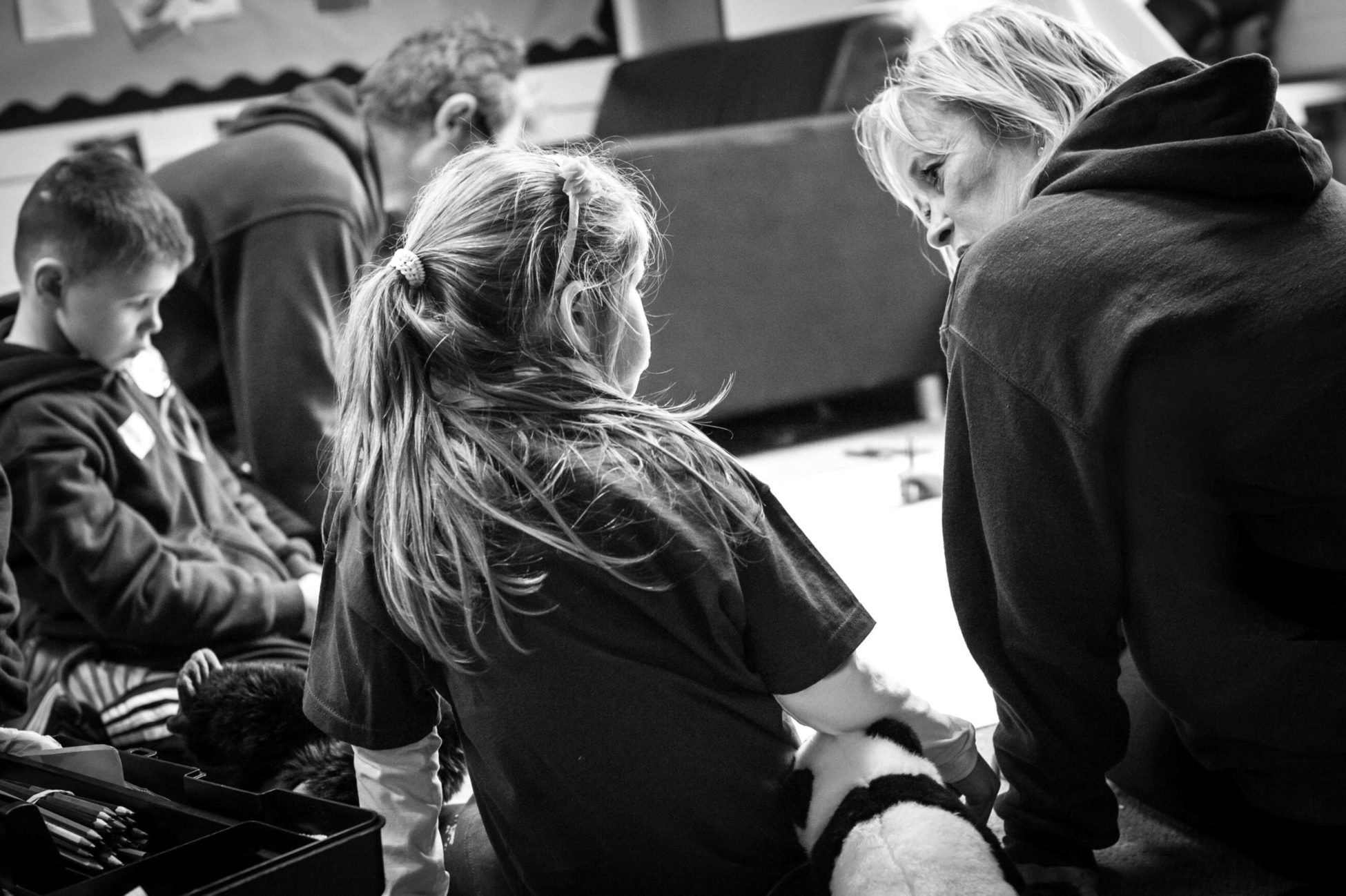How school teachers can help bereaved children
The following blog post has been written by Robert Kruze, a Primary School teacher in the North West and a volunteer at Winston’s Wish. He explores the ways in which school teachers can help children who have been bereaved.
The daily life of a classroom teacher can be extremely manic but no matter how busy their day is, the first job on their list will be the welfare of their wonderful thirty (plus) children. As soon as the children walk through the door, it’s, “morning, how are you…” As they say, a smile breads a smile.
But what about that child who you know lost someone they deeply cared about at such a young age? Do you have a cuddle at the door or an extra-long conversation about how things are? From my personal experience, all that child wants to feel is ‘normal’. They want to be included as part of a happy, loving class with friends that make them laugh and smile. When they step into their classroom, it is a place where they can build friendships and learn about the world around them.
I know what you’re thinking… What about the time when the child mentions the person they’ve lost or they have an outburst of rage about something that seems so insignificant? At this point, it is about knowing the child as best you can. Make sure that you build that positive relationship with them so when that time comes and the child does have a wobble or a breakdown, you know them well enough to take them to a calm and nurturing environment which allows them to regain their composure. If you get to know the child, you will also get to know their ‘triggers’ and aspects of their daily routine which may cause them to feel emotionally vulnerable. Then again, it may just be a sudden flick of a switch. Removing the child from the situation is my best advice, giving them a job to do or a book to read in the library. Try not to make a scene because all that child wants to feel is part of an inclusive environment.

Another sensitive issue can be the arrival of significant dates or days in the year, for example, Mother’s Day, Father’s Day, Mum or Dad’s birthday or even Christmas. All of these events can bring all those sensitive emotions to the surface and the forefront of a young child’s mind. The child may seem quiet or aggressive (remember it all depends on knowing that child) but it is important, as a role model in that child’s life, to talk to them and try to understand their situation. Furthermore, in class, you may be making a card for Mother’s Day or Father’s Day and the child asks if they can write it to the person they have lost or they might say they don’t know who to write it to. At this point in time, let the child take ownership of the situation, do not push them but instead, offer advice and talk through what the child would like to do. Be the mediator. It is important to let the child express themselves in order for them to better understand how they are feeling.

Beyond the classroom, most schools have a learning mentor or a behavioural or pastoral lead. Make sure after any incident – big or small – you talk to the pastoral team and tell them what has happened. In the long term, the child may be given time away from class to work with the pastoral team to talk about their emotions and how they are feeling. Furthermore, as a teacher, you can ask the child to be referred to an outside agency such as ‘Winston’s Wish’. If that child is not coping, then it is ok to ask for help outside of the classroom – it might be that they have the specialist skill set to help that child in more specific ways.
Overall, a child who has had a bereavement just wants to feel normal. They want to be in a caring and nurturing environment where they feel valued and safe. There may come a time when the child needs extra support to deal with their emotions. That is perfectly fine. Make sure you know the child’s triggers and use the extra support you have available as a teacher to ensure the child has the social and emotional intervention they may need. Remember – every child is different and it our job to get to know the child and ensure that they continue to flourish and thrive, no matter what their circumstances.


